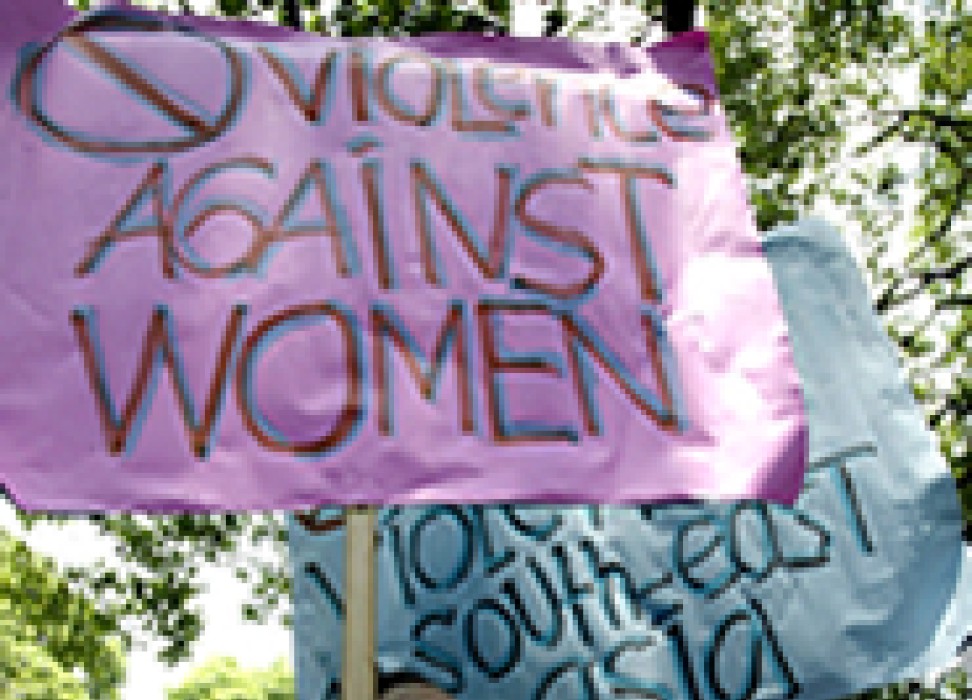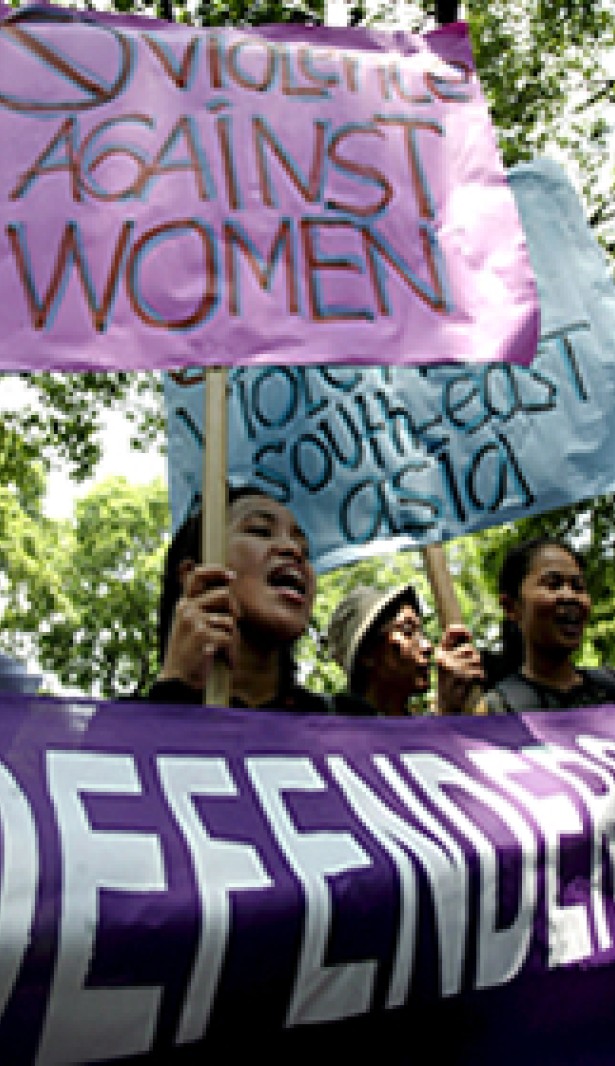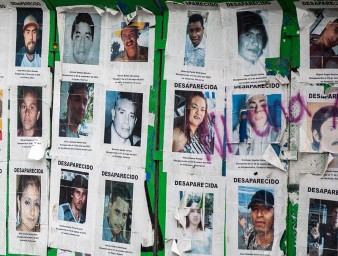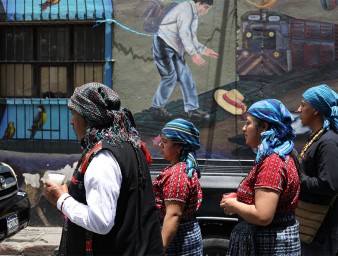UN discussion addresses violence against women human rights defenders
11 December 2013

The 2013 annual discussion at the UN Human Rights Council on integrating a gender perspective into its work, focused on the contribution made by civil society. In her remarks, the UN High Commissioner for Human Rights, Navi Pillay acknowledged the important role played by civil society: “It is civil society actors themselves who provide the crucial link between policy and action to integrate a gender perspective into the work of the Council and its mechanisms.”
Pillay urged assistance for “our friends, partners and allies in civil society” saying that, “Too often, women human rights defenders are targeted, often even physically attacked, when perceived as challenging socio-cultural norms and traditions related to their status as women.”
“In their daily struggle for more equal and inclusive societies, human rights defenders often risk their lives,” says the Austrian representative to the Council in September, “therefore the international community has to act to guarantee their safety.”
Chaloka Beyani, the UN Special Rapporteur on the human rights of internally displaced persons, says that “hotlines, safe houses, shelters, the establishment of special police units, socio-psychological support and asylum” are some examples of best practices that can be implemented to protect human rights defenders. He adds that if national constitutions are amended to reflect gender equality, it would establish a baseline for the Universal Periodic Review to work.
The risks faced by women human rights defenders in Egypt was graphically illustrated by Mozn Hassan, the executive director of Nazra for Feminist Studies and one of the panellists in the discussion.
Hassan says that the present situation in Egypt, as in many parts of the world, is based on “patriarchy” and does not support women’s public and political participation and has made them the targets of gender based violations.
“Unless female human rights defenders are effectively protected, then progress toward equality will be halted”, says Hassan to the Council.
In addition to passing a law criminalizing sexual harassment, Nazra for Feminist Studies is calling on all Governments to pursue investigations of human rights violations against women and to raise awareness of the violations to discourage future infringements.
In her address, Pillay drew attention to shortcomings in civil society organisations saying she wanted to see more women involved in the leadership and management of NGOs. “We see far too much occupational segregation in human rights jobs in civil society organizations, with many more women working in traditional fields like child welfare or economic, social and cultural rights than in equally relevant fields such as torture, rule of law or other civil and political rights.”
Building off the current momentum, in December the General Assembly passed a resolution, expressing grave concern that impunity for violations and abuses against women human rights defenders persists, due to the lack of reporting, investigation, access to justice and social barriers. The resolution reminds States of their obligations to protect women human rights defenders, so that they can continue their important work.
This story is published in the framework of the 16 Days of Activism Against Gender-Based Violence, which runs every year from 25 November (the International Day for the Elimination of Violence Against Women) to 10 December (Human Rights Day). The international campaign, originating from the first Women's Global Leadership Institute sponsored by the Center for Women's Global Leadership in 1991, calls for the elimination of violence against women and invites everyone to take action against it.
2013 marks the 20th anniversary of the World Conference on Human Rights, which led to the adoption of the Vienna Declaration and Programme of Action and the establishment of a High Commissioner for Human Rights. Its creation gave a new impetus to the recognition of human rights principles which has seen fundamental progress in the promotion and protection of human rights.
Women’s rights are now acknowledged as fundamental human rights. Discrimination and acts of violence against women are at the forefront of the human rights discourse.
The Convention on the Elimination of All Forms of Discrimination against Women (CEDAW) came into force in 1981 and its Committee was established in 1982. The Convention, often described as an international bill of rights for women, has almost achieved universal ratification. An Optional Protocol to the Convention was adopted in 1999.
11 December 2013




